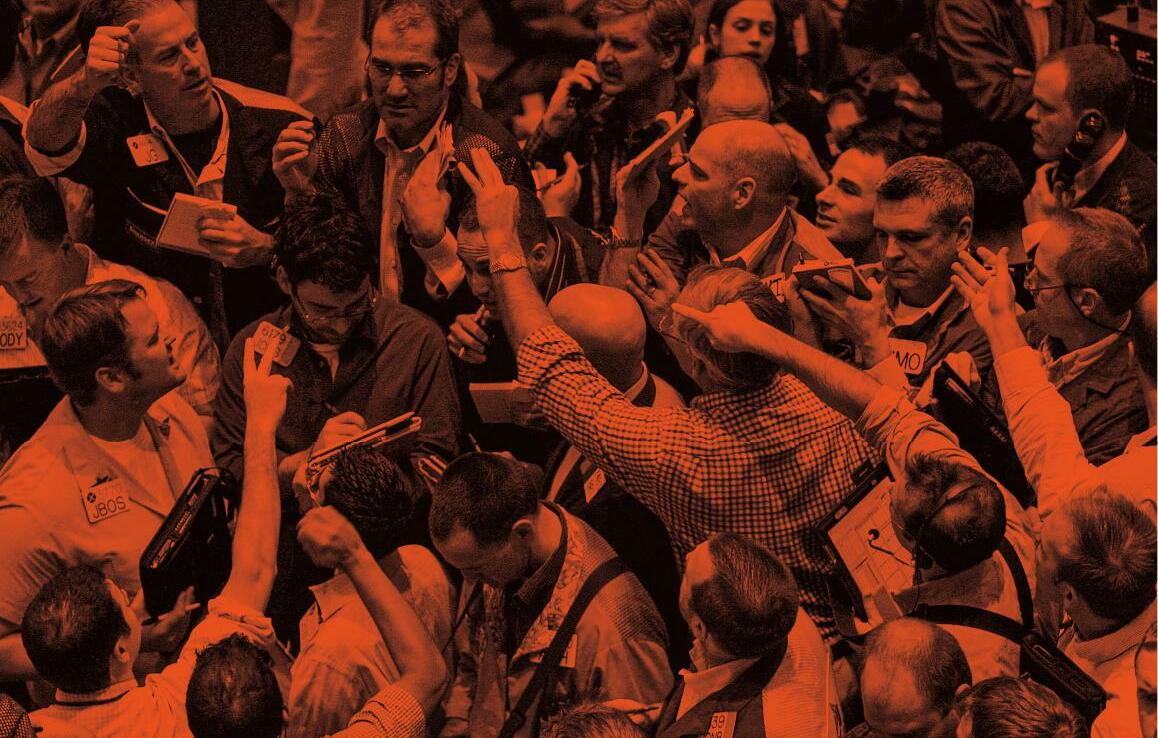Intentar ORO - Gratis
Seven lessons I've learned after 28 years as economics editor
The Guardian Weekly
|November 22, 2024
Margaret Thatcher was Britain's prime minister and Neil Kinnock was leader of the Labour party.

The iron curtain separated Europe.
Across the Atlantic, Ronald Reagan's second term in the White House was drawing to a close. Donald Trump floated the idea that George Bush might want him as his running mate in the US election, an overture Bush described as "strange and unbelievable".
This was the political backdrop when I joined the Guardian in 1988 - the year before Tim Berners-Lee invented the World Wide WebIt was a time when free market ideas ruled.
A combination of high inflation and recession - stagflation - in the 1970s had led to a crisis of postwar social democracy and given rise to a new set of beliefs: privatisation, deregulation, tax cuts paid for by shrinking the state, curbs on trade unions, the dismantling of capital controls. All this would give capitalism its mojo back, leading to wealth creation that would trickle down from those at the top to those struggling at the bottom.
Since this is my last column after more than 28 years as the Guardian's economics editor, I thought I would devote it to some lessons learned in my time on the paper.
Lesson No 1 is that the free-market experiment has failed. Wealth did not trickle down, and the gap between the haves and the have-nots widened. Workers laid off when factories closed in northern England and the US midwest did not find new well-paid jobs but were either thrown on the scrapheap or found low-paid insecure work in call centres and distribution warehouses.
Esta historia es de la edición November 22, 2024 de The Guardian Weekly.
Suscríbete a Magzter GOLD para acceder a miles de historias premium seleccionadas y a más de 9000 revistas y periódicos.
¿Ya eres suscriptor? Iniciar sesión
MÁS HISTORIAS DE The Guardian Weekly
The Guardian Weekly
Le Pen's court hearing shows mainstream parties are running out of time
In a Paris courtroom, the first act of the 2027 French presidential election is already under way.
2 mins
January 30, 2026

The Guardian Weekly
Half world's largest cities in high water stress areas
Half the world's 100 largest cities are experiencing high levels of water stress, with 38 of these sitting in regions of \"extremely high water stress\", new analysis and mapping has shown.
2 mins
January 30, 2026

The Guardian Weekly
‘This is what fascism looks like’
Alex Pretti's death could be a moment of reckoning for Democrats to call time on Trump waging war on his people
4 mins
January 30, 2026

The Guardian Weekly
Wicked tunes this way come
US writer, director and singer Whitney White's musical mashup All Is But Fantasy gives the fates of Shakespeare's women a thrilling twist
4 mins
January 30, 2026

The Guardian Weekly
Greenland sparks rare resistance to Trump in his own party
Donald Trump pulled back from the brink on Greenland but not before causing untold damage to the Nato alliance.
3 mins
January 30, 2026

The Guardian Weekly
'So alarming' Shark attacks spread fear among NSW beachgoers
In a city of more than 100 beaches, swimming and surfing are part of Sydney's lifeblood.
3 mins
January 30, 2026
The Guardian Weekly
I adore my husband, but I feel like a fraud at his church
When I met my husband, I knew he was churchy, but as a low-church Protestant, I thought this wouldn’t be a problem.
2 mins
January 30, 2026

The Guardian Weekly
Ancient rain recycling practices revived for modern age
When the legendary Taiwanese rock band Mayday were due to perform in Beijing one evening in May 2023, some fans were worried that the rainy weather could affect the show.
3 mins
January 30, 2026

The Guardian Weekly
Peril and promise US peace plan faces hard tests on the ground
As Donald Trump’s board of peace launched in Davos amid self-congratulation, his administration laid out plans for the shortand long-term future of Gaza, aimed at a lasting peace.
2 mins
January 30, 2026

The Guardian Weekly
Why so many find the Beckhams' family feud such relatable stuff
As we continue to unpack the meaning of the Beckham family feud, I don’t think enough attention has been paid to the roast chicken.
3 mins
January 30, 2026
Listen
Translate
Change font size

